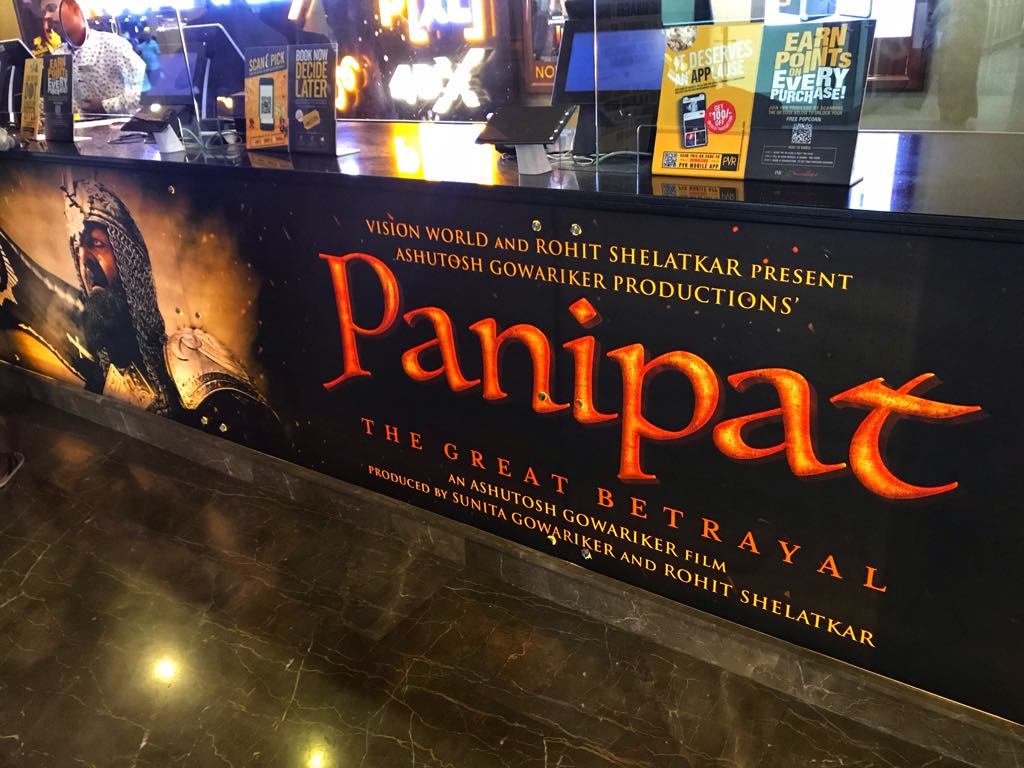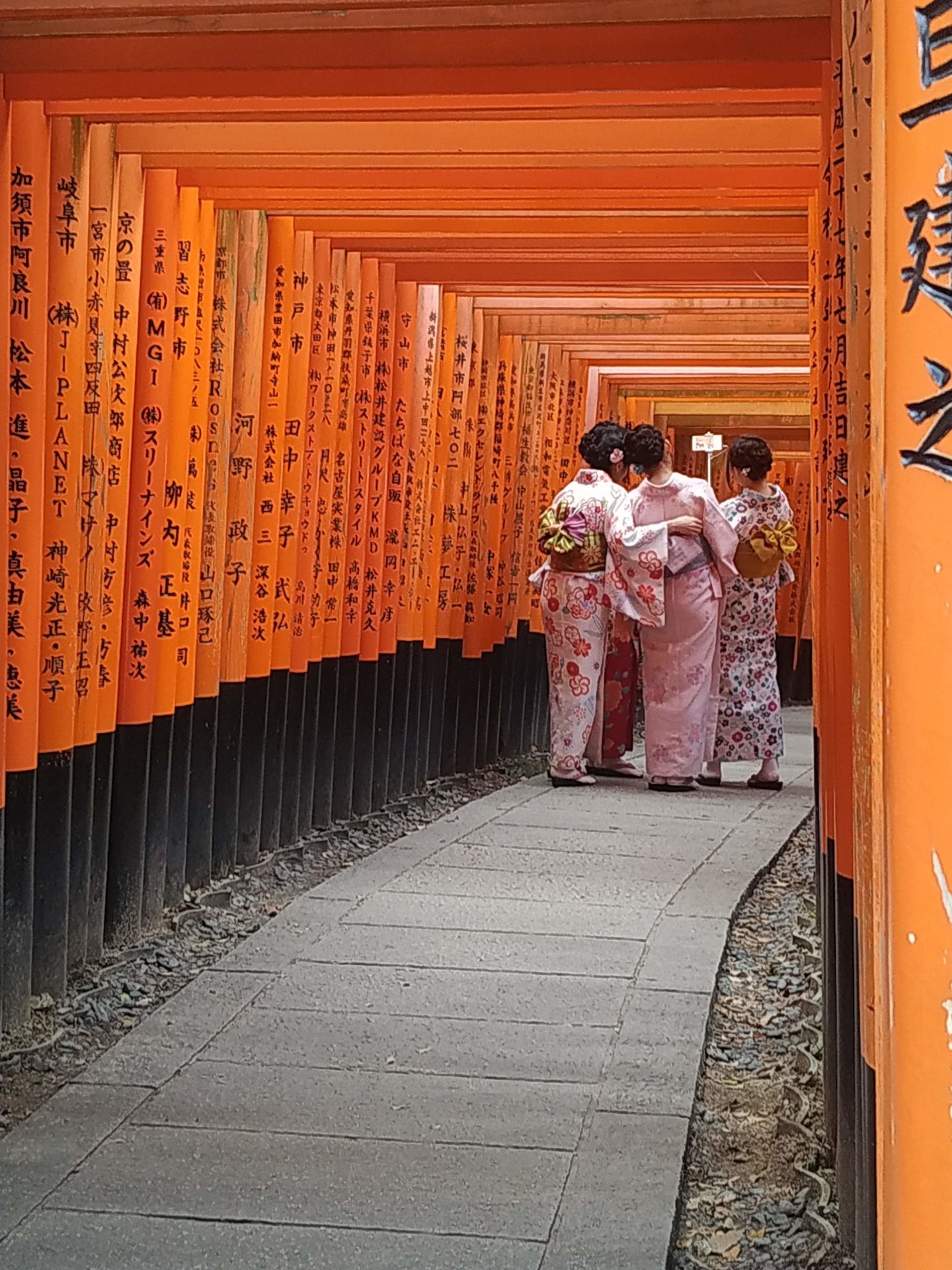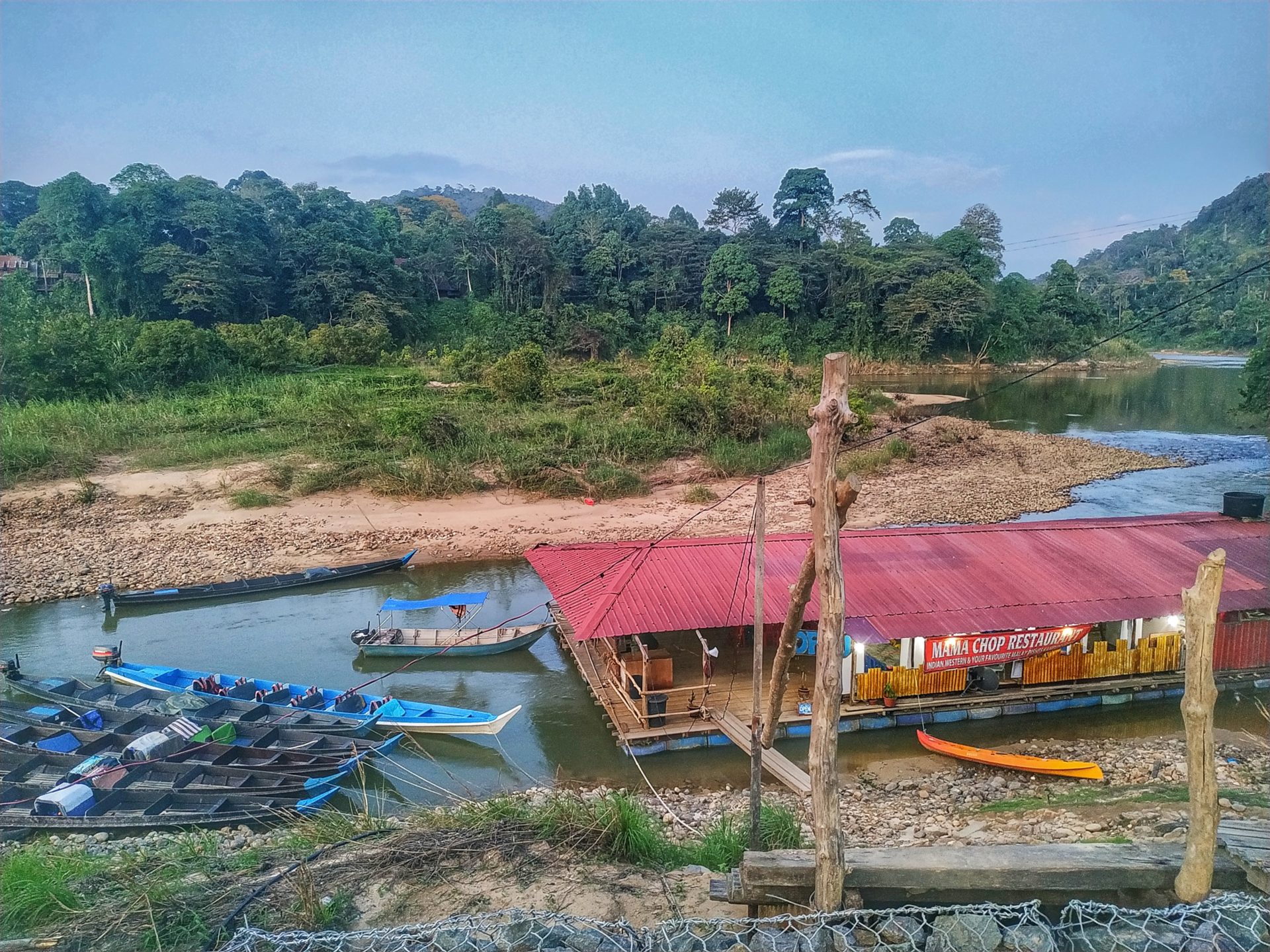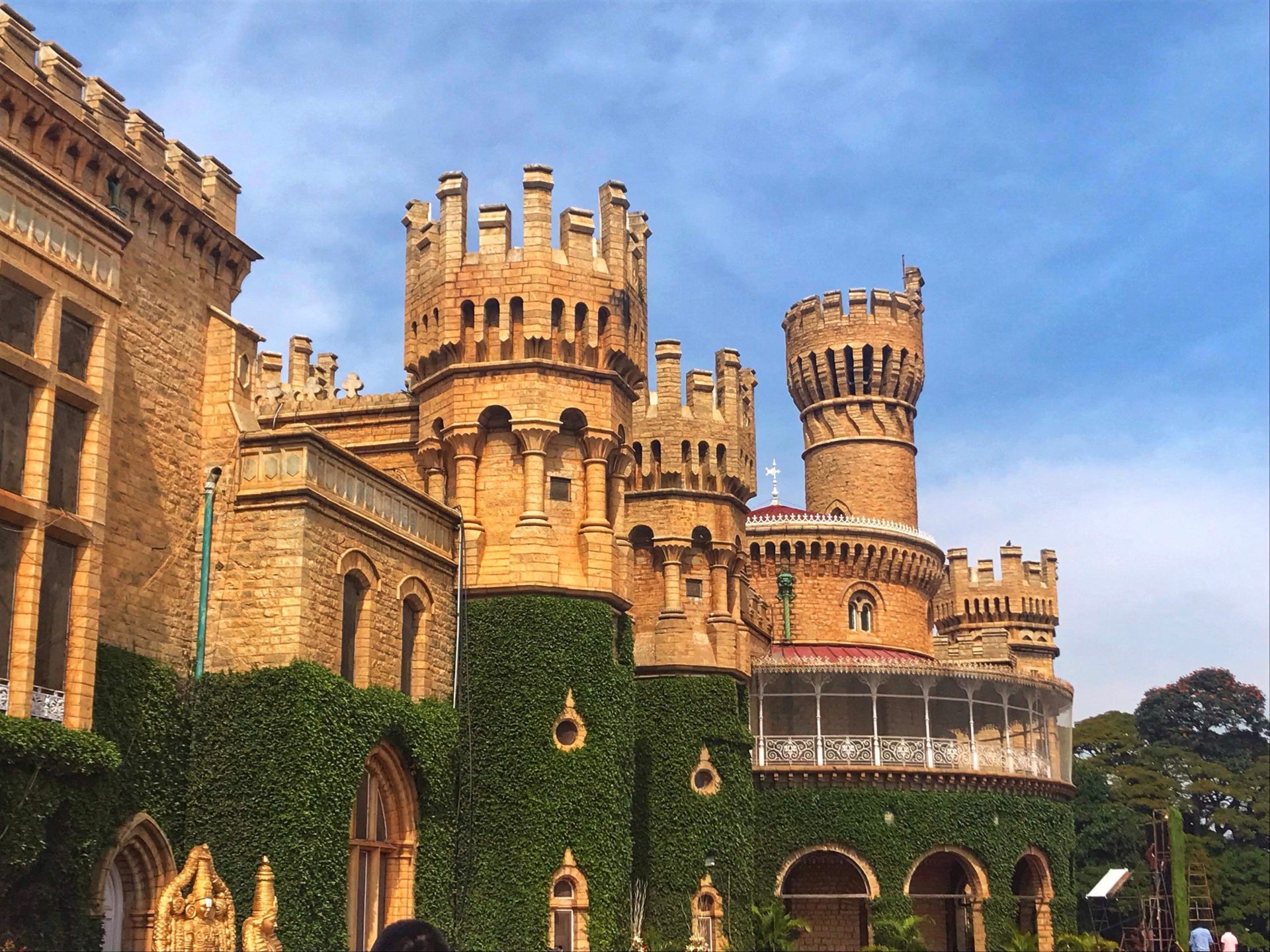
The Cinema
It still bamboozles me that many, many people see traveling to India as something cool, glamorous, even chic.
Every now and then, on the tv or social medias, you can see the figure of a hippie, a rasta raggamuffin or a 20-something-years-old girl singing praise about some ecstatic state of enlightenment reached by travelling through India, “the best country in the world, so full of riches and tradition and foodie, namaste” and similar.
With the only exception of heavy drug users (not quite uncommon among those who travel to India), which are able to reach such an elevated, although temporary spiritual condition anywhere in the world anyway, only someone with an inhuman amount of resistance to noise, dirt, aggressive driving and scamming attitude, added with love toward fried rice can actually travel across India and come out like in a McDonald’s advertisement, “I’m lovin’ it”.
Let alone reaching some kind of magical mental state.

The most commonly taken shortcut to heaven is planting roots in some ashram, a crossover between a monastery and a school, and spend weeks or months in Instagram retreat while learning yoga, how to reach enlightenment and how to throw Genkidama spheres.

Then, if you scratch the bottom, you can find even dumber more peculiar kind of travellers who actually go to do Workaway ( slavery volunteering work) in Goa or spend time exploring the big cities, like Bengaluru.
Big city life
Bengaluru is the capital of the state of Karnataka, situated in the South right above Kerala and Tamil Nadu, and it is proudly described as the third biggest city in the whole country.
And more people means more everything. Always.
It is remarkably served by one of the few metropolitan systems in India, where we got reminded that queues and personal space are completely meaningless concepts in there.
Also, if the police officer decides to fine you because your bags are too big, you can complain and cause a small scene in order to pay for one bag instead of two. After all, there is no official tool of measurement nor papers about the “infraction”, so the officer might decide that the money for one fine is good enough for their pockets.

Bollywood’s calling
One night we got possessed by an inexplicable desire of expanding our cultural boundaries and we felt the need of watching an authentic masterpiece from Bollywood, which was projected in a big cinema inside of an even bigger shopping mall, which was filled with the creepiest representations of Santa and penguins, typical inhabitants of the local backwaters.
We did our research, and this action-based, somewhat historical movie was marked as subtitled in English. Perfect.
With the pretty high number of official languages being spoken in their country, Indian movie makers have a very good reason to put subtitles in English, which is (kinda) understood everywhere. The fact that the movies are usually not subtitled is object of a separate, never ending debate.
Language barrier between Indians really is no joke: once we went to a restaurant with an Indian girl, in Munnar, and she spoke to the waiter in English because, she explained: “I speak Marathi, while the guy speaks Malayalam. Completely different languages”.
And so in the cinema you could find a bunch of movies with their own language highlighted next to the titles: Tamil, Hindi, Telugu…
All Indian, if you ask me.
In order not to leave anything to the chance, we decided to interrogate the guy at the counter before handing our money over.
“This movie is subtitled in English, right?”, I asked.

“I said, English subtitles, right?”
Lateral head shaking. The Indian equivalent of either nodding or replying “ha, poor loser”.
“Okay okay!  ”
”
“The movie is entirely subtitled in English, you confirm that?”, I insisted.
More staring. “Abrabababraba, yes yes English yes 

 “
“

What a nice dude, we thought, as we paid for our tickets.
Appetizer
Next there was a security screening: we had to pass through a metal detector (switched off like all the others we saw in India) and got frisked. Apparently, small bottles of waters and mosquito repellents (the stick one, not the spray) are considered a threat to the safety of the audience, maybe of the entire mall, if not of the nation itself.
That’s why we got asked to dispose of them by putting them in a security box right next to the entrance, to be collected after the end of the movie.
Bengaluru was saved for another day.
We got in the food court of the cinema and, while navigating through the horde of vendors selling pop corn and biryani, we saw a flashy electronical sign inviting the spectators in for a English-subtitled movie about Muslims and non Muslims kicking each others butt, set a few centuries ago. Wonderful!

We got in, and the cultural expansion could finally begin.
Main course
At the beginning, even before the advertisements, Indian cinemas project a short, black & white documentary about Gandhi,focusing on the part where he led India to the independence from the British empire. It ends with the Union Jack being taken down and replaced by the local tricolor, with a choir of children singing what I assumed was not a call to war against the Muslims.
Then, just like in the West, the advertisements take the next half an hour, both in English and in whichever Indian language the producer deemed appropriate.
Other movies, cars, fast food, same old stuff. Every advertisement is preceded by a colourful permit, taking away most of the thrilling suspense of not knowing what exciting offer is waiting for us outside. 99% of the companies were based in Mumbai, the headquarter of Bollywood, and the other 1% was probably an Ashram occupied by hippies.

Then suddenly, it begins. A dark diorama like in Game of Thrones, with small miniatures throwing fire spheres at each other across what looks like a Medieval India, torn apart by ethnic and religious conflicts exploited by few royal families for profit and glory.
Something looked missing, however…
Then the diorama scene ends and suddenly a castle is under siege, with cannons shooting meteors of fire and death upon its powerless targets, and a torrential rain washes down the blood of the killed and the cries of the yet to be killed.

It was quite a powerful scene, which we probably could have enjoyed better if we understood a word of it.
And by the way, there was not even the idea of a subtitle in English, or Malayalam or Aztec or whatever.

After a while, we were ready to take the bloodbath from the screen to the ticket counter, so we stormed out of the hall back to our nice dude.
Dessert
“Excuse me sir, the movie is NOT subtitled in English!”, I started.
“Okay!  “
“
“No not ok! You said yes subtitles! Instead, no subtitles, no English!”
“Yes, lalallamamammallala, English yes 

 “
“
A brief break.
“Now listen, we want our money back.”
The guy stopped smiling.

“Ablablabla money? No possible! Other movie?”. More lateral head shaking.
“No, we do not want to change tickets, we want our money back, NOW!”
The nice dude then decided to pass our case to his collegue, who gave us the same scene over again.
Problem was, we got very disappointed by the lack of subtitles, we were really not eager to give up on our hard earned rupees, and I had by my side an Hungarian woman getting visibly upset.
Escalation was imminent.

At the third guy we got bounced to, after another series of void stares, punchable smiles and “no money, no honey”, we started to angrily asking to speak to the manager, like in the Facebook videos of angry moms throwing fits.
Which was, as it turned out, pretty much what was needed to unblock the situation.
We got introduced to the manager, a small guy who was dealing with a man triple his size that apparently, despite being Indian, run into our same linguistical problem, for the reasons mentioned before.
The good old smiling treatement started once again, so we wasted no time bringing in the Hungarian battle mood and the Italian angry gesticulations. We jumped in between the two and loudily demanded our compensation.

Getting another ticket, we (not) calmly explained, was not in our interest, so hard cash was the only solution.
And to our surprise, without much of a lateral head shaking, the manager quickly jumped to the closest register and gave us back all of our money.
We shook hands and left him to deal with the big guy, who looked still in shock from the roughness and the success of our approach.

That night, being our last one in magical India, we decided to devolve all of our compensation money in alcohol and eatable things which require a lot of ferocious chewing to gulp down.
Just not the bananas because they were full of beetles, even in the supermarket.
In the end, we could expand our cultural horizons in the comfort of our bedroom and PC.
Unfortunately, neither Nirvana nor any particularly calm state of mind were reached, that day.



